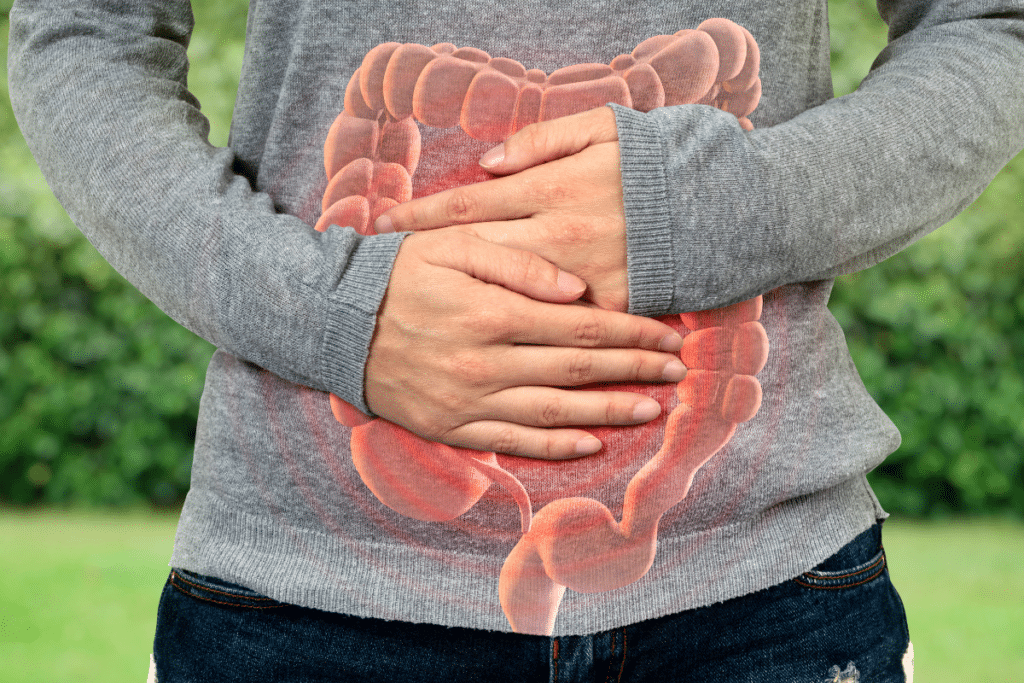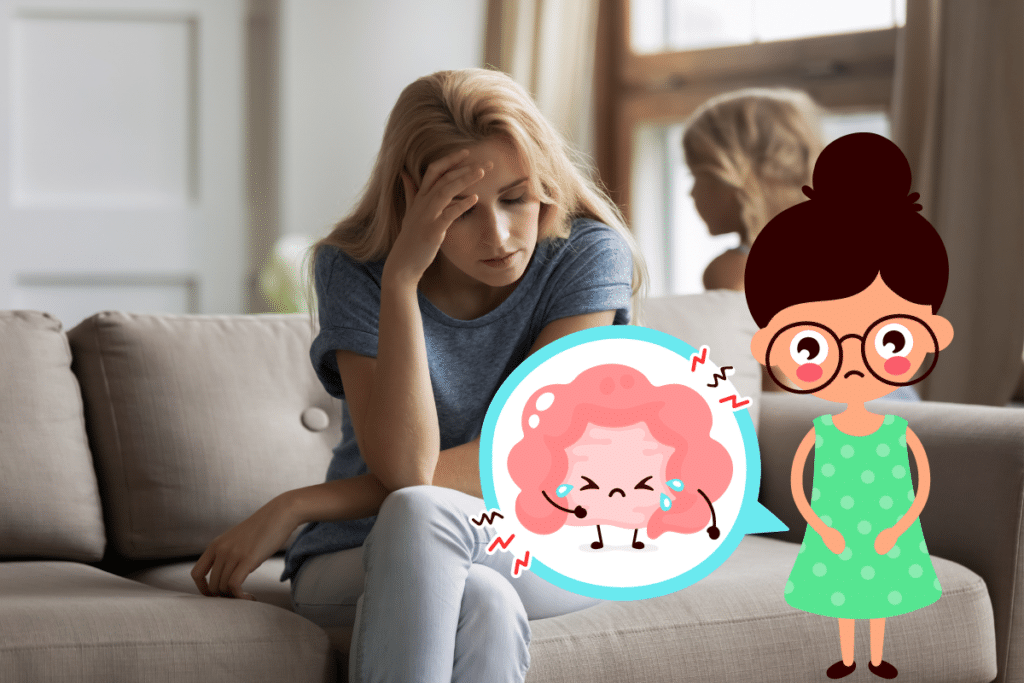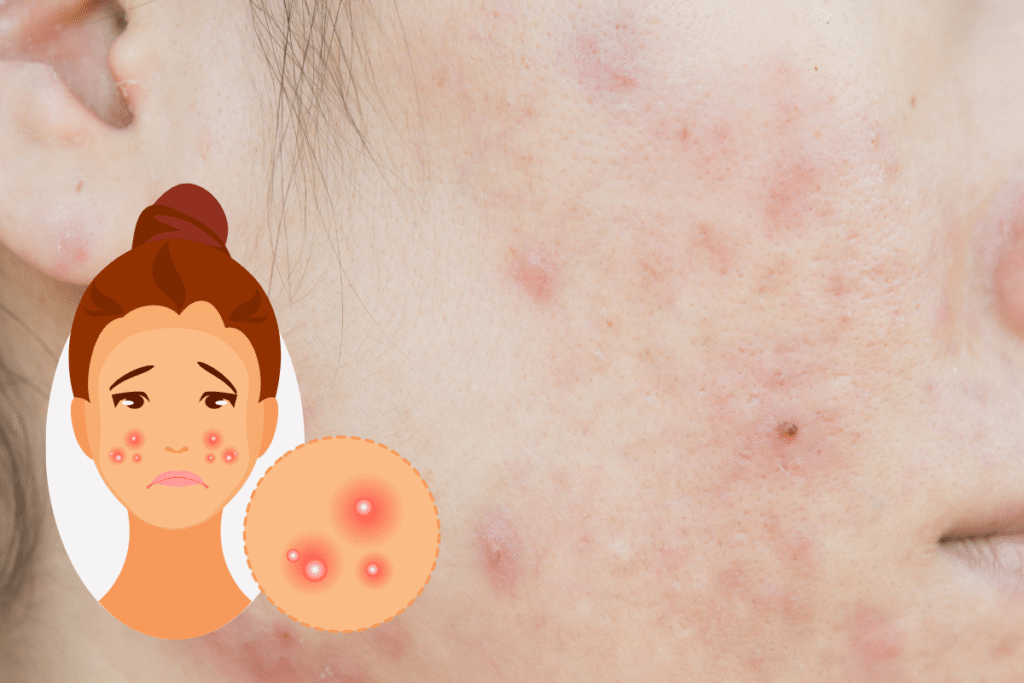An unhealthy gut is linked to a plethora of symptoms, from skin irritations to involuntary weight changes. Follow these steps to...
An unhealthy gut is linked to a plethora of symptoms, from skin irritations to unintentional weight changes. Follow these steps to restore your gut health to balance.
There are trillions of bacteria living in your gut, and unlike bacteria that cause disease, these bacteria help promote good health. The key to good health lies in the balance of this gut microbiota, and any disruption to this balance can lead to ill health.

Digestive problems and weight management issues can be triggered by an unhealthy gut, which means that by correcting the balance and restoring your gut flora, you can find a solution.
Many studies have found a link between gut health and overall health.
The state of your gut has a direct impact on your immune system, your mental health and your endocrine system, and if not properly cared for, it can contribute to the development of autoimmune disorders.
There is much more to the gut than just digesting food. The bacteria that live in your gut play a role in digestion, but they also act to improve health. Although there are also harmful strains in your gut, keeping a balanced gut keeps you healthy.
In addition to supporting digestion and boosting immune function and mental health, the gut microbiota has other effects on your well-being. It was recently discovered that an unhealthy gut can also influence your weight.
Some strains of bacteria promote weight gain, and when these bacteria are allowed to grow, they can lead to weight problems. In contrast, some bacteria promote weight loss, so it is important to pay attention to your gut.
An unhealthy gut will cause several symptoms that alert you to the problem. By listening to your gut, you can work to promote better gut health and restore balance to the disrupted gut microbiome.

The main signs that you have an unhealthy gut include
Chronic stomach upsets such as gas, bloating, constipation and diarrhoea can all be signs that your gut is unhealthy. The occasional upset is one thing, but you may need to pay more attention if these symptoms don't seem to go away.
Unintentional weight loss and weight gain can signal an unbalanced gut. When your gut is unhealthy, it affects how you absorb nutrients and how your body regulates blood sugar and stores fat. As a result, you may see drastic weight loss or gain.
An unhealthy gut can contribute to sleepless nights and fatigue. The hormone melatonin that regulates sleep is produced in your gut, and when the gut environment is poor, the production of this hormone is disrupted.

Skin conditions such as eczema are linked to inflammation and can increase due to an unbalanced gut. An unhealthy gut that leaks toxins into your bloodstream can trigger inflammation that irritates the skin and worsens skin conditions.
A leaky or unhealthy gut can also increase your risk of autoimmune diseases. A damaged gut allows toxins to enter the bloodstream, triggering an immune response. As a result, healthy cells and tissues are targeted.
There is a strong link between leaky gut and autoimmune disease, so if you have an autoimmune disease, make sure you take care of your gut, as it will be a target for inflammation.
An unbalanced gut will contain more harmful strains of bacteria than good ones, and these bacteria crave sugar. Refined sugars contribute to gut imbalance, and once they start to grow, they seek more sugar.
If you notice that you are constantly craving sugar, you may have an unhealthy gut. Ignore the cravings and don't feed the bad bacteria. Change your diet to healthier choices and allow the beneficial bacteria to grow again.
If you have noticed any of the above symptoms or a combination of them, chances are your gut needs attention and healing. There are several things you can do to protect your gut microbiome and restore balance and overall health.
Probiotic foods such as yogurt or a supplement are the best way to protect your gut and promote overall gut health. Probiotics help restore balance to an unhealthy gut, allowing beneficial strains to thrive. This inhibits the growth of harmful bacteria that cause inflammation and digestive disorders.
Probiotics improve digestion and nutrient absorption, and fat storage can be controlled. It is easier to lose weight and maintain a healthy weight with a healthy gut.
Chronic stress is hard on your whole body and damages your gut. Stress increases the production of cortisol, which increases inflammation that damages the lining of your gut. You can reduce this inflammation by controlling your stress.
Try yoga, meditation and deep breathing exercises to keep stress at bay and your gut healthy. Inflammation also increases fat storage, which can lead to weight gain.

Eliminating processed foods, as well as foods high in sugar or fat, is an excellent way to promote gut health and weight loss. These foods stimulate the growth of bad bacteria, which can disrupt your bowel and digestive processes. These foods also lead to weight gain due to excess fat in the body.
Add more foods that protect the gut and stimulate the growth of beneficial bacteria, such as fresh fruits and vegetables, whole grains and healthy fats.
Make sure you get a good night's sleep every night. Lack of sleep increases stress and inflammation, which can damage the gut. A damaged gut can make you uncomfortable and unable to sleep, starting a vicious cycle.
Your gut was once thought of as a simple system that only processed and passed on food for excretion. We now understand that there is much more to the digestive tract, especially the billions of good bacteria that live there.
This microbiome can influence your health, including your weight, so it is necessary to maintain balance. Promoting a healthy gut environment should be a priority and, in turn, your bacterial residents will ensure excellent health.

2024 Sanalyslab all rights reserved.
Our products complement a healthy lifestyle but are not designed to diagnose, treat, cure or prevent disease. They do not replace a balanced diet or medical treatment. For medical advice, always consult a healthcare professional. The effectiveness of supplements varies from one individual to another.